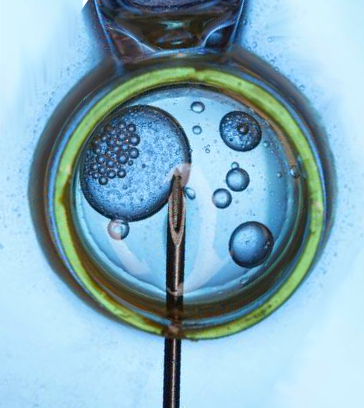IVF shift backed
 The federal Senate has voted to allow the passing of Maeve’s law, which legalises mitochondrial donation involving a third human’s DNA in IVF.
The federal Senate has voted to allow the passing of Maeve’s law, which legalises mitochondrial donation involving a third human’s DNA in IVF.
Mitochondrial donation can involve taking the nucleus from the egg cell of a mother who has faulty mitochondria and inserting it into a healthy donor egg that has had the nucleus removed.
Because the mitochondria in the donor egg contains 0.1 per cent of the DNA of that donor – technically the baby will have 3 parents – although 99.9 per cent of their DNA comes from just two.
The Maeve’s law legislation was informed by hundreds of submissions considered by two Senate Inquiries, an NHMRC Expert Committee review and a Department of Health Consultation paper.
There were extensive approaches to public engagement including an NHMRC video, public meetings, webinars and a citizen’s panel.
The Bill was supported by the Australian Academy of Science, the Australian Academy of Health and Medical Sciences and many leading Australian experts in medical research, bioethics and health policy.
Experts say the legislation allows important research to proceed and is expected to enable impacted families to increase their likelihood of having a child unaffected by mitochondrial DNA disease.
It means that families affected with mitochondrial DNA disease can have the greatest hope of having biologically related children that can be free of severe disease.







 Print
Print